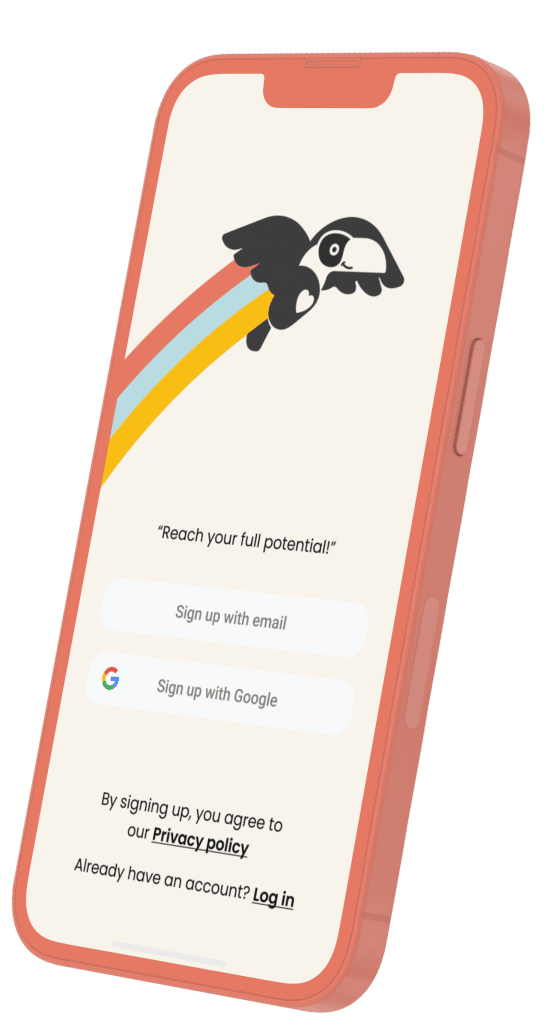One of the great benefits of working from home is that it gives you more flexibility. It’s possible to simply stay in bed and work from there if you choose. However, working from home also comes with its own set of challenges.
When not feeling well, some find it tough to take a sick day.
How did the home office blur the lines between work and home?
Although it has become more common in recent years, working from home is nothing new – especially in the tech industry. However, according to an evaluation by the World Health Organization, there has been a “blurring of boundaries” as more jobs became remote.
On one hand, some people may argue that working from home has made it much harder to be productive or focused when you have distractions like the leftover dishes from last night or sudden errands that need attention.
And on the flip side, others will joyfully express that remote work offers more convenience, flexibility, work action, and family-work harmony.
For parents, working from home can be cheaper than opting for daycare or after-school care. In addition, it’s more convenient to work from the comfort of your own home instead of commuting during rush hour.
The lines between our work and home have become increasingly unclear, especially when it comes to the topic of sick days.
The concept of being able to work from home is a growing phenomenon because it had never been done on such a global scale. Because more employees are beginning to work from home full time, it’s not surprising that they are unsure of how to maintain a clear distinction between their work life and personal life.
For instance, if an employee checks their email after working hours, is this considered overtime? For most companies, no. At the same time, is it wrong for a company to send an email to an employee after hours?
People seem to have a difficult time separating this line, and many employees struggle to disconnect from work outside of their scheduled hours.
While you may love the freedom of working in your pajamas, others long for the days when they had to dress up for work. With online work also came an influx of new startups. As they offer remote work positions, this adds even more confusion to the already blurred lines.
In the wake of the covid-19 pandemic, startups and many established companies have implemented hybrid formats for their workers. Under this system, employees work remotely from home a majority of the time but come into to office a few times per week.
Why don’t we take sick days when working from home?
As we enjoy the convenience of remote work, being sick becomes complicated.
Some employees might view working from home while feeling ill as an advantage, especially if their workplace doesn’t have clear rules about it. For instance, somebody who only has minor sickness may choose to keep working to avoid using their limited yearly number of allowed sick days or they’ll fall behind on work.
There’s a sense of internal conflict to decide whether or not to work when we’re feeling sick. This is especially common in workplaces that prioritize results despite their workers’ conditions. If your job creates this kind of atmosphere, you may be hesitant to let your boss know you’re ill for fear of being stigmatized.
Weighing the odds is something some people often do when considering taking sick time. They may be afraid of disappointing their employer or co-workers and think that by taking less time off, there will be less work waiting for them when they return.
However, this can actually be the cause of extended sick time as you don’t take the necessary time to rest and get better.
Is working remotely when sick harmful?
Working while feeling unwell can certainly affect your mental health.
A recent study conducted in 2022 showed that remote workers who decide to work while sick felt more guilty than if they just had taken the day off. Findings also show that failing to utilize sick days has been linked to both burnout and sadness.
So, the answer to this question is complicated and depends on many factors. For one, if your illness is not severe, you may feel capable of continuing to work. Alternatively, if your company has a policy that financially penalizes employees for taking sick days, you may feel like you have no choice but to work even when you’re very sick.
Overall, it seems that research suggests it is more harmful to work while sick than to take a day off and rest.
How is the work culture at startup companies?
A company’s culture plays a big role in shaping its employees’ habits and routines. A positive work environment can lead to increased productivity, which in turn could help you climb the ladder of success. Conversely, if working conditions are not up to par, it will reflect poorly on the company’s value. Therefore, culture is an important factor that should not be ignored.
Startups are typically small businesses trying to find their footing in a competitive market. It is not uncommon for them to be understaffed and limited in funds.
To make their mark in the company early on, startup employees often feel like they need to put in more work than others. Even if the boss didn’t ask for it, you might find yourself working extra hours.
Although there may be some drawback associated with working for a startup, it can also be incredibly rewarding. When you work for a startup, you get to join a team of passionate people who are all striving towards the same goal— making a difference.
And because everyone is so dedicated and focused on getting the project off the ground, you may find yourself feeling guilty having to take a sick day because you don’t want to let your team down.
As a result, this can take a toll on your health and eventually lead to burnout. When workers don’t take appropriate sick days, this not only impacts their health but also their productivity. As such, it is important for you to make sure that you are taking care of yourself and taking a sick day when necessary.
Should I take a sick day if I work from home?
It can be hard to justify taking a sick day. After all, you’re not exposing anyone else to your germs when staying home and you can usually get your work done even when you’re not feeling your best, right? — well, maybe.
- It’s important to give your body the rest it needs when you’re sick. Trying to push through a full workday on little sleep and no energy will only make you feel worse and could prolong your illness.
- Working from home while sick can actually make it harder to concentrate and be productive. When you’re trying to focus on your work, but your mind keeps wandering back to how awful you feel, it’s easy to fall behind.
- Working from home while sick can lead to burnout. Checking work emails and taking conference calls is a recipe for disaster when your body is already telling you to rest. It’s not worth it to try and push through.
So, listen to your body and reap the benefits later down the road. No job is worth your health.


